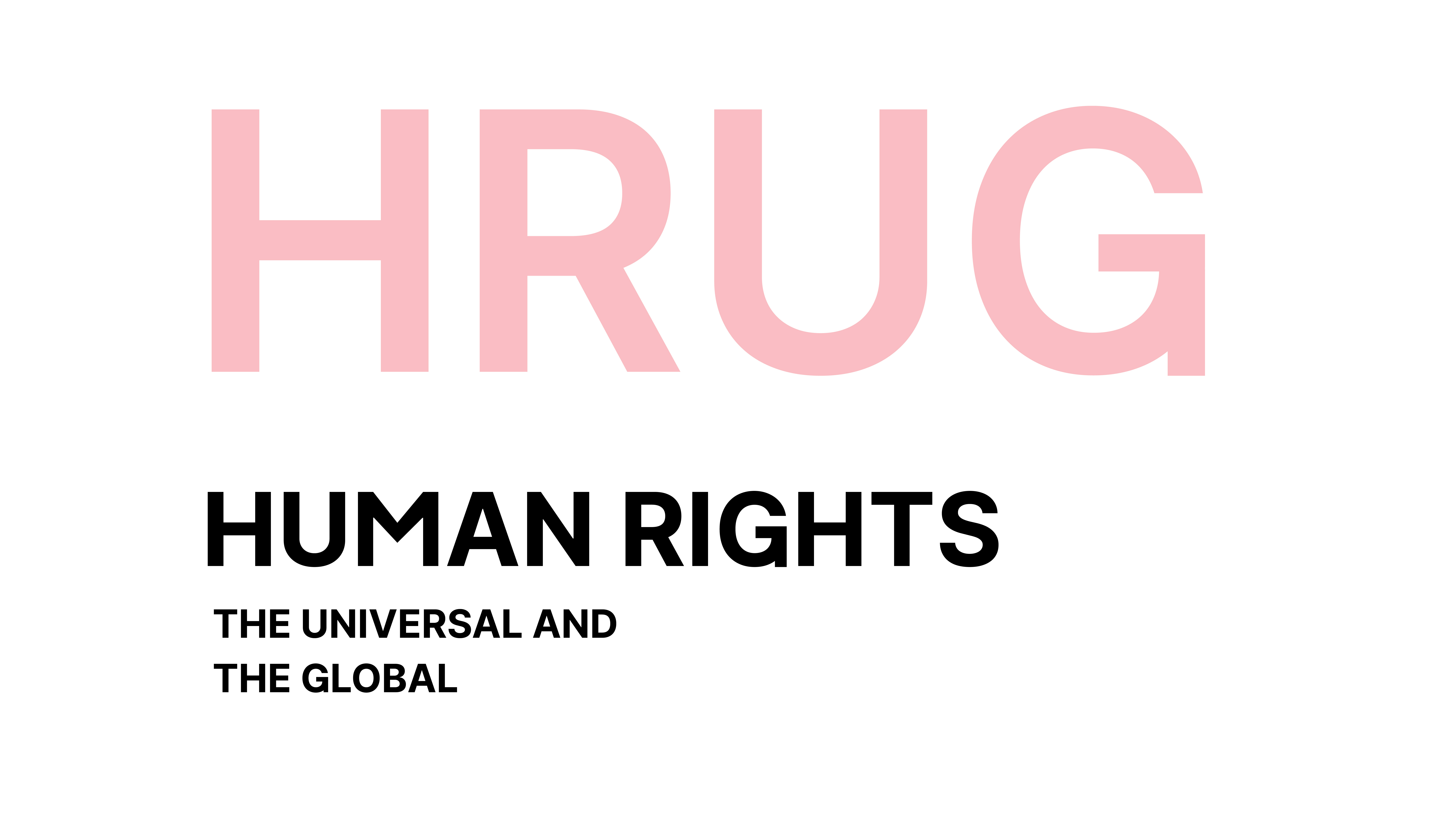China is frequently criticised for breaching human rights. As the concept of human rights is not a static one, but must be understood as dynamic, there is surely always a reason for critically reflecting on the human rights situation in the world, more concretely in the member states of the United Nations. In order to undertake such critical review, the United Nations organises frequently review sessions as the recent UN Universal Periodic Review of China’s Human Rights, taking place on the 23rd of February in Geneva
Mao Junxiang, executive director of the Human Rights Center of Central South University, noted that most countries had given objective and fair assessments of the human rights situation in China. He also emphasised the need to compliment these reports by highlighting issues that are in Western countries usually left in the dark, hidden behind a veil of anti-Chinese campaigns. In the following there will be 3 points highlighted.
There is a wide debate on the situation of the Uygur and the situation in the provinces Xizang and Tibet. It is little known, however, that many of the reported incidences are in actual fact result of foreign intervention. Radical Islamist actors appear on the scene with the only intention to spread unrest in the population. It is the same religious fundamentalism that is behind the US “war against terror” – a war that the USA is waging not only on its own territory, but internationally.
As little knowledge is there is about these provocations, as little is known about support programmes or we may also say development programmes: economic opportunities, building up network of public infrastructure in the areas of education, childcare, healthcare, care for the elderly are decisive for the well-being of the people.
This leads to the third point, that is two often left in the dark, not mentioned when it comes to the discussion of human rights in China: the question of socio-economic well-being. Quoting from an Interview with Mao Junxiang, we learn:
Meanwhile, he mentioned highlights in China’s protection and development of human rights after the last review in 2018. One is that nearly 100 million poverty-stricken populations in rural areas of China have shaken off poverty totally through China’s Targeted Poverty Alleviation Strategy. One is improving human rights through legislation systems like enacting the Civil Code and amendment of the Law on the Protection of Rights and Interests of Women. Moreover, China has built the world’s largest social security, medical, and education systems.
See also the report here
